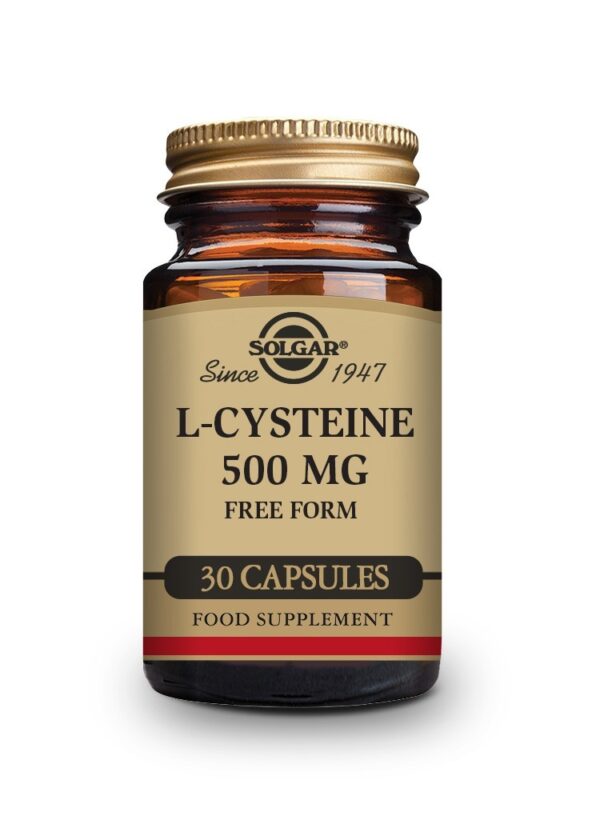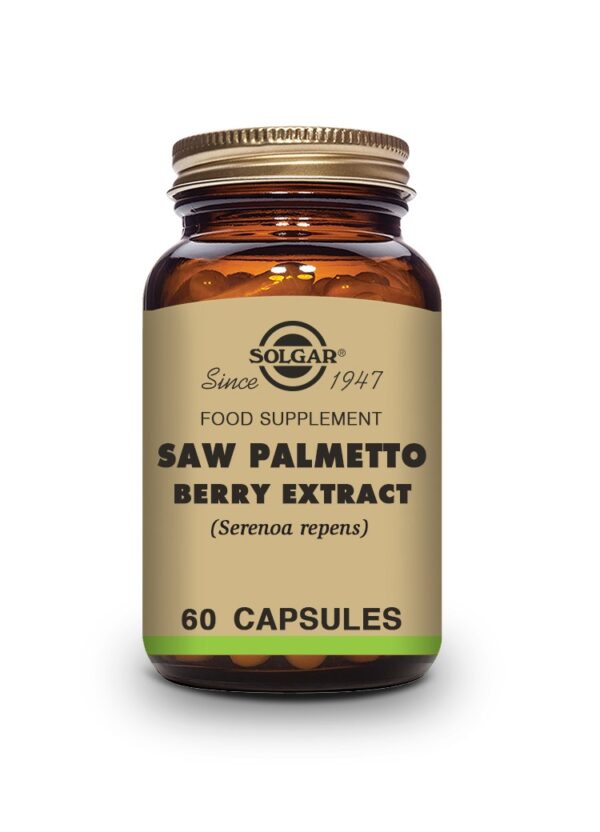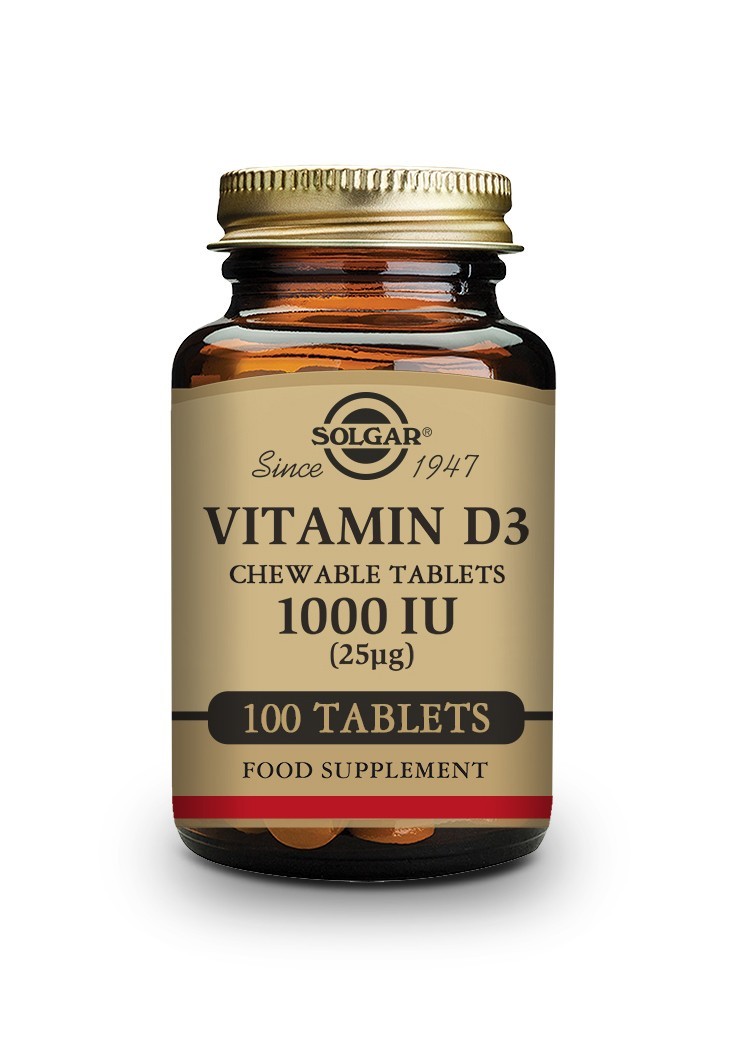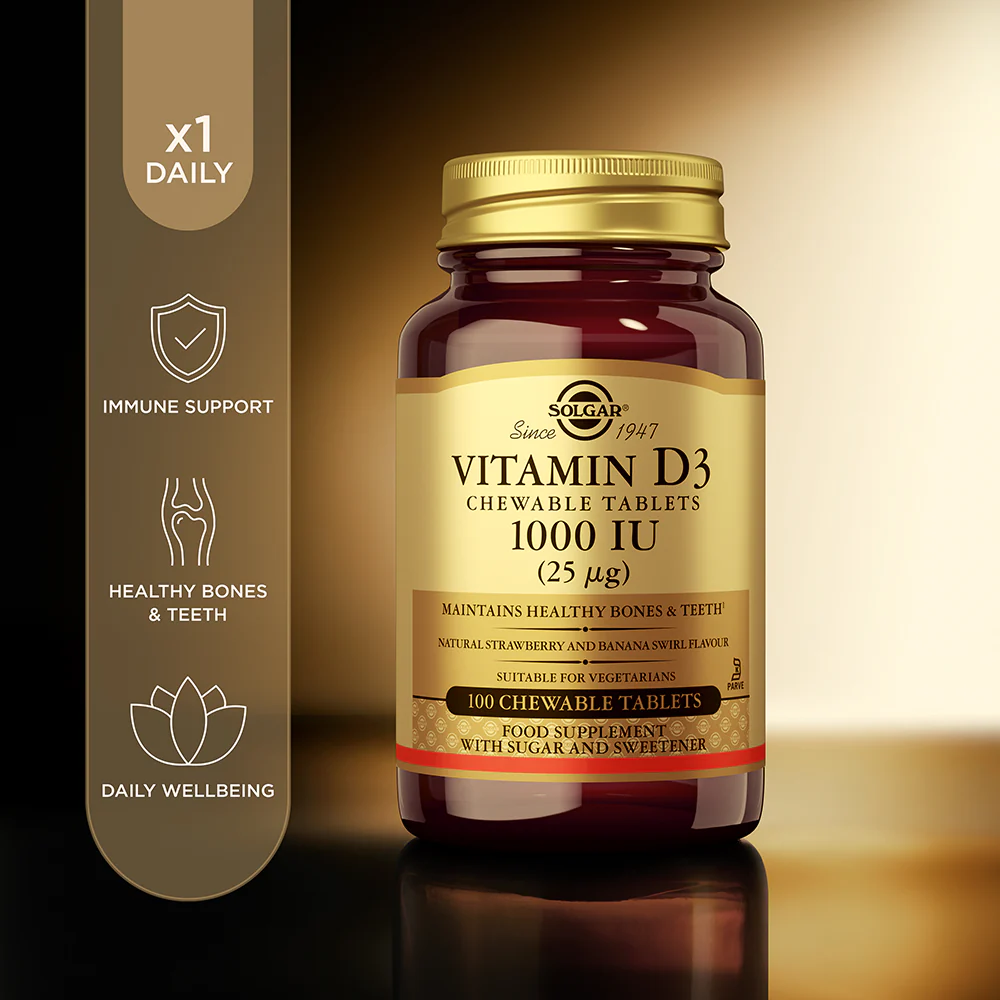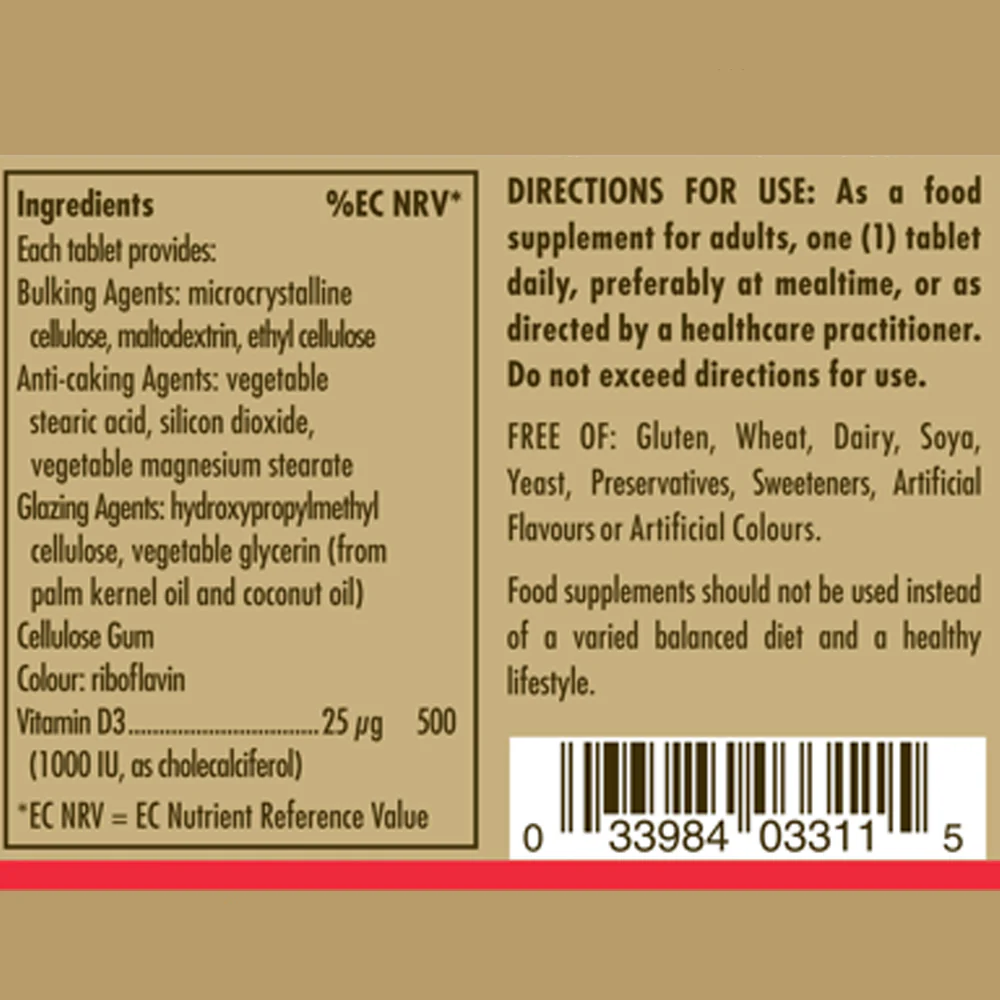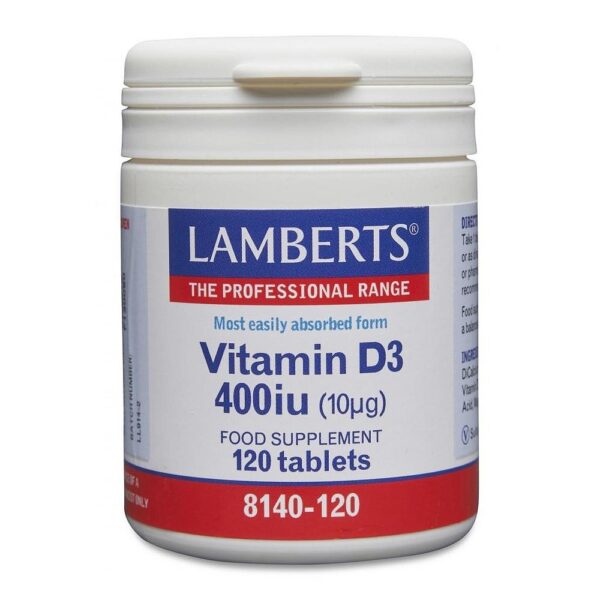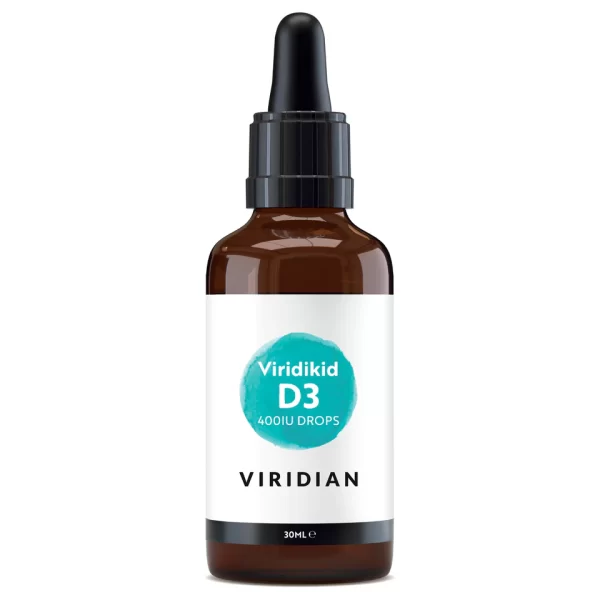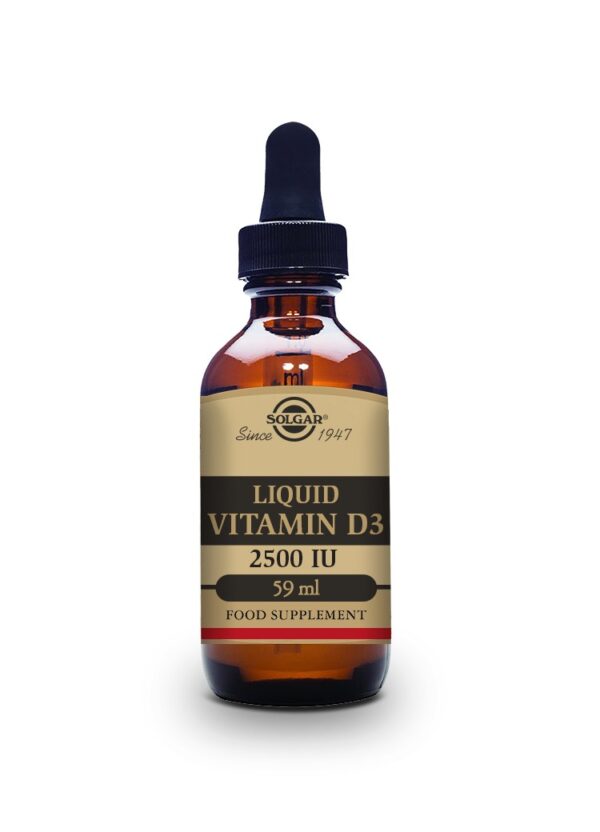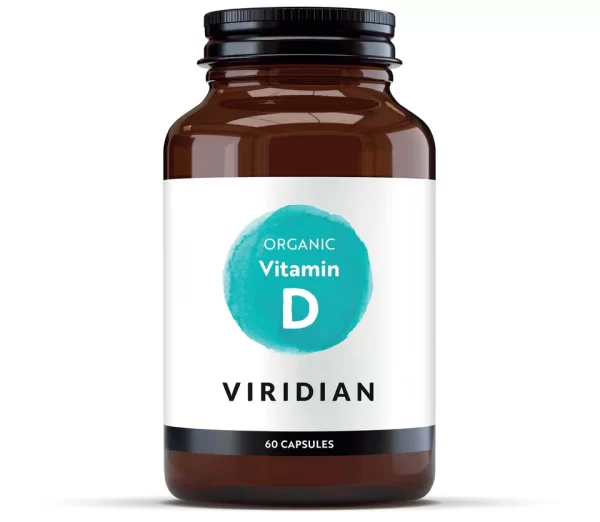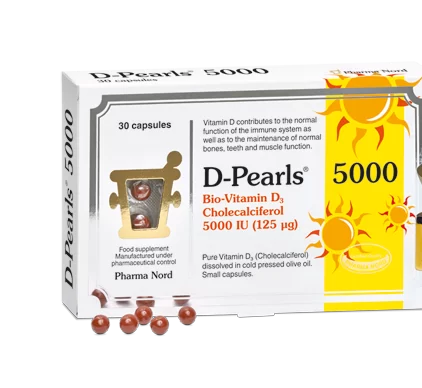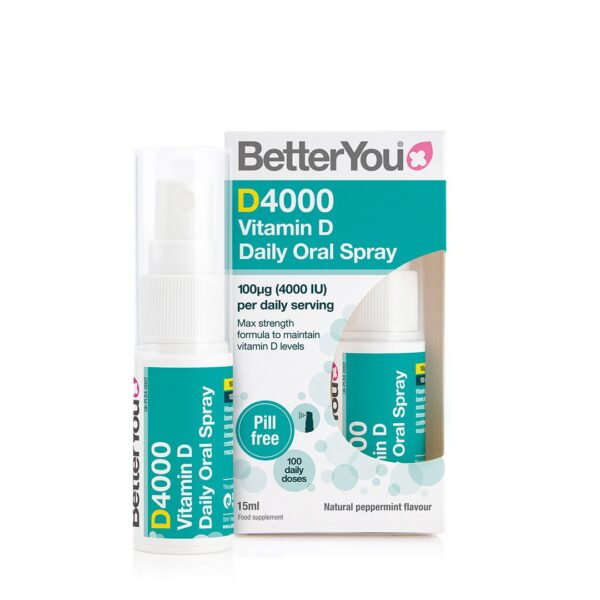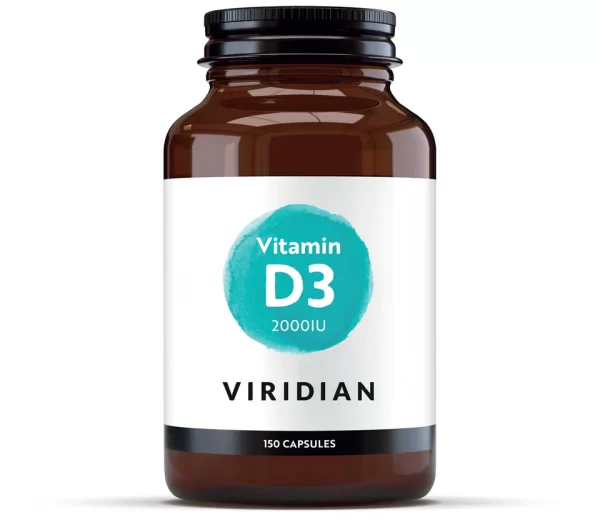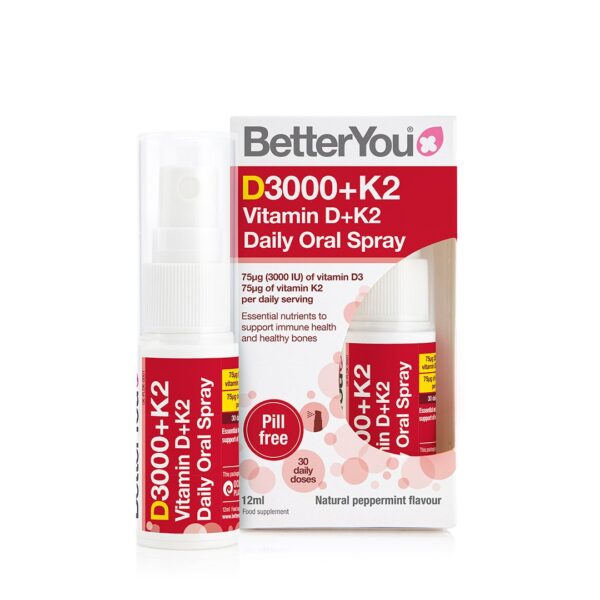Description
Vitamin D3 1000iu
-
Solgar Vitamin D3 1000IU (25 mcg) provides a convenient way to supplement your Vitamin D intake. Vitamin D3, also known as cholecalciferol, is the form of vitamin D that the body produces naturally when skin is exposed to sunlight. Here’s a breakdown of its uses and health benefits:
Uses and Why People Take It:
-
Vitamin D Deficiency: The primary use is to correct and prevent vitamin D deficiency. Many people don’t get enough vitamin D from sunlight or diet, especially those with:
-
Limited sun exposure (indoor jobs, live in northern latitudes)
-
Darker skin pigmentation (melanin reduces vitamin D synthesis)
-
Older age (skin less efficient at producing vitamin D)
-
Conditions that affect vitamin D absorption (e.g., Crohn’s disease, celiac disease)
-
Obesity (vitamin D stored in fat and less available)
-
-
Bone Health: Vitamin D is crucial for calcium absorption, which is essential for strong bones and teeth. It helps prevent and manage conditions like:
-
Osteoporosis (weak and brittle bones)
-
Osteomalacia (softening of bones in adults)
-
Rickets (softening of bones in children)
-
-
Immune System Support: Vitamin D plays a role in immune function and may help:
-
Reduce the risk of respiratory infections (e.g., colds, flu). Some studies show a benefit, but the evidence is not conclusive for everyone.
-
Modulate the immune response in autoimmune diseases (research ongoing).
-
-
Muscle Function: Vitamin D is involved in muscle strength and function. Deficiency can lead to muscle weakness and pain.
-
Overall Health and Well-being: Some studies suggest potential links between vitamin D and:
-
Heart health
-
Blood sugar control
-
Mood regulation (depression)
-
Reduced risk of certain cancers (research is ongoing and not conclusive)
-
Pregnancy health
-
Health Benefits (Backed by Scientific Evidence):
-
Improved Bone Health: Strongest evidence supports vitamin D’s role in bone health, particularly in preventing and managing osteoporosis and fractures. It works by increasing calcium absorption in the gut.
-
Reduced Risk of Falls (in older adults): By improving muscle strength and balance, vitamin D supplementation can help reduce the risk of falls in older adults who are deficient.
-
May reduce risk of respiratory infections: Some studies have shown that taking vitamin D supplements may reduce the risk of respiratory tract infections, especially in people who are vitamin D deficient. The evidence is mixed, but promising.
-
Treating Rickets and Osteomalacia: Vitamin D supplementation is a standard treatment for these conditions caused by vitamin D deficiency.
Important Considerations:
-
Dosage: 1000 IU (25 mcg) is a common and generally safe dose for adults. However, individual needs vary. A healthcare professional can determine the appropriate dose based on your vitamin D levels and health status. Blood tests are the best way to assess your vitamin D status.
-
Upper Limit: The tolerable upper intake level for vitamin D is 4000 IU (100 mcg) per day for adults. Taking excessive amounts of vitamin D can lead to vitamin D toxicity (hypervitaminosis D), which can cause:
-
Nausea, vomiting, and poor appetite
-
Weakness
-
Frequent urination
-
Kidney problems
-
Confusion
-
-
Vitamin D3 vs. D2: Vitamin D3 (cholecalciferol) is generally considered more effective than vitamin D2 (ergocalciferol) at raising vitamin D levels in the blood.
-
Fat-Soluble Vitamin: Vitamin D is fat-soluble, meaning it’s best absorbed when taken with a meal containing fat.
-
Drug Interactions: Vitamin D can interact with certain medications, including:
-
Certain weight-loss drugs (e.g., orlistat)
-
Some cholesterol-lowering medications (e.g., cholestyramine)
-
Corticosteroids
-
Before taking Solgar Vitamin D3 or any supplement, consult with your doctor or a registered dietitian, especially if you have any underlying health conditions or are taking medications. They can help determine if vitamin D supplementation is appropriate for you and recommend the right dosage.
In summary, Solgar Vitamin D3 1000 IU is a useful supplement for addressing vitamin D deficiency, supporting bone health, and potentially providing immune support. However, it’s crucial to use it safely and under the guidance of a healthcare professional.
-

